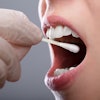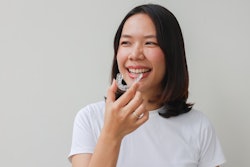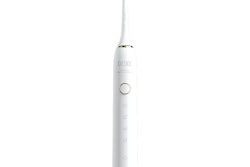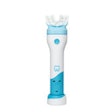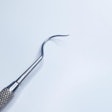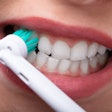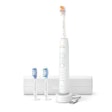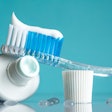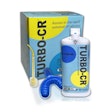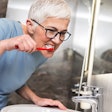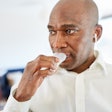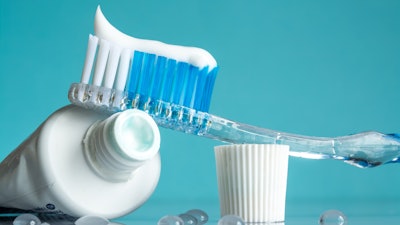
Improving one's dental health may come down to creating a special toothpaste that can transplant "good" oral bacteria into the mouths of those filled with germs that cause tooth decay and more, or that’s what researchers in Australia are exploring.
Researchers at the University of Adelaide aim to create a biobank of good germs from "super donors" -- those with naturally healthy oral microbiomes -- so they can be used to make a toothpaste or gel that can be used to transplant good bacteria into unhealthy mouths, according to a university press release published on February 20.
"This would be an easy way to boost good bacteria in the mouths of those who don’t have a healthy microbiome, protecting these people against dental decay and the nasty health conditions that can come with it," Peter Zilm, an associate professor from the university’s dental school, said in the release.
Their work has already turned up some interesting results.
In collaboration with Penn State University, researchers have developed a screening tool to identify super donors along with a 3D flow cell that imitates the environment in the mouth. These innovations allow super donors' microbiomes to be maintained.
Preclinical data has shown that at least 250 bacteria necessary for preventing caries can be kept alive for three months in a biobank, Zilm said. Additionally, early preclinical trial results have been positive, showing that a transplant appeared to suppress cavities without any adverse effects on other parts of the body, including the health of the gut.
In addition to bettering the oral health of those more susceptible to tooth decay and associated conditions, Zilm said, "this could be particularly useful for vulnerable members of our community, such as the elderly and the very young."
In the future, they hope to secure funding to conduct further research on the transplants with human trials, hopefully, beginning within two years, according to the university.
"If we can show that oral microbiome transplants are safe for humans, they could become a cost-effective solution to one of the nation’s most common chronic illnesses," Zilm said.

